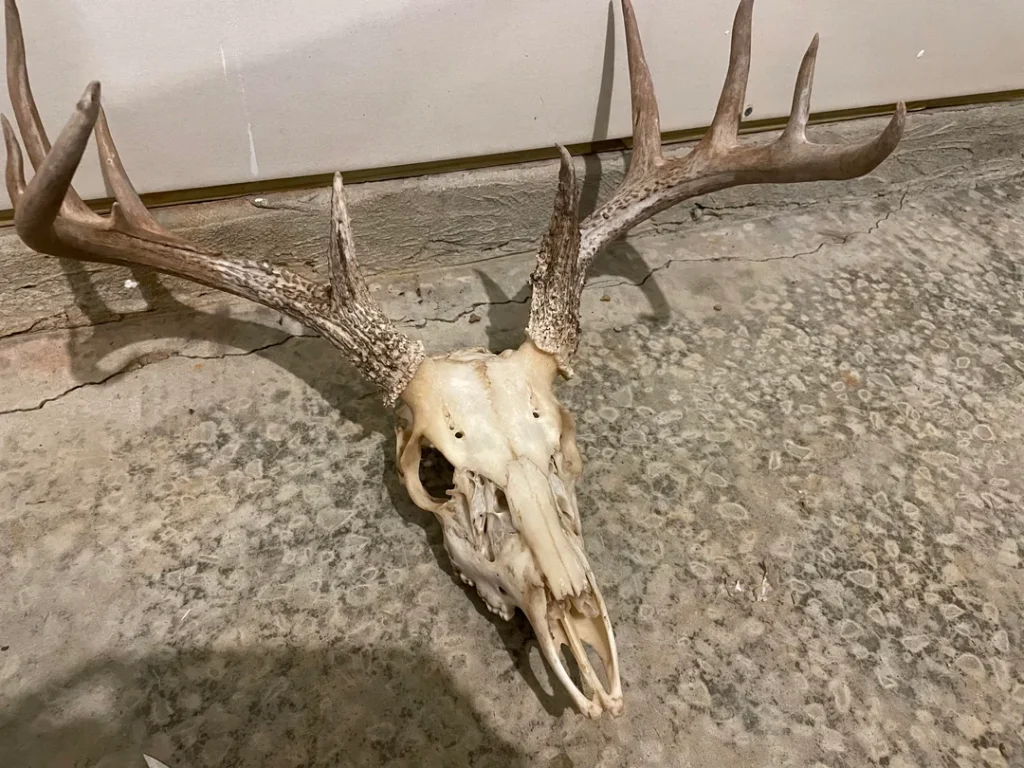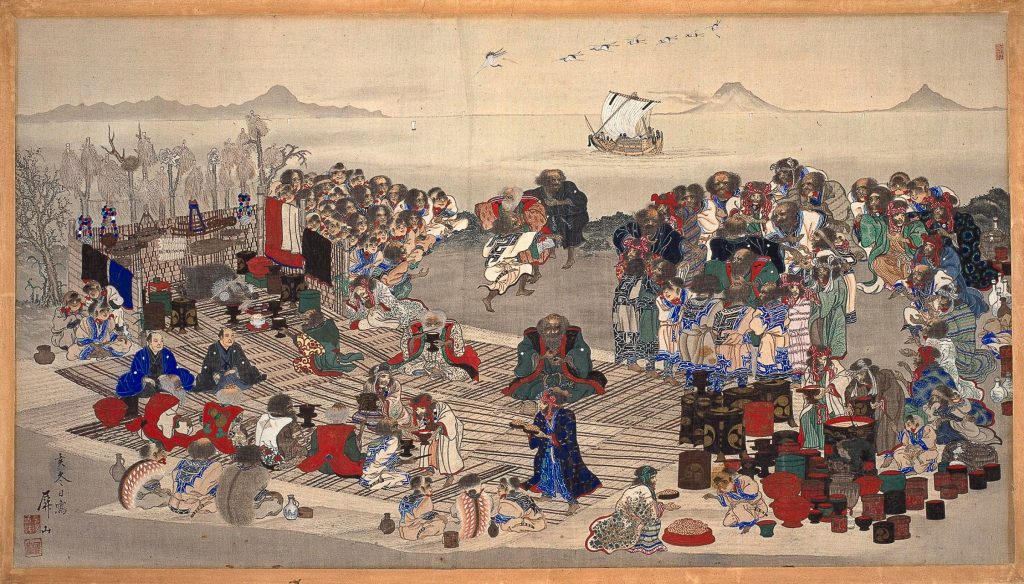Table of Contents
Introduction
Rituals are an integral part of human societies, shaping and reflecting cultural beliefs, values, and traditions. While many rituals are widely recognized and practiced globally, there are numerous uncommon rituals that provide unique insights into the diversity of human cultures. These rare practices, often rooted in specific historical or social contexts, reveal much about the communities that perform them and their understanding of life, death, and the divine. Exploring these uncommon rituals offers a deeper appreciation of cultural complexity and the ways in which people find meaning in their lives.

The Ritual of Skull Cleaning in Madagascar
In Madagascar, the Famadihana, or &8220;Turning of the Bones,&8221; is a unique funerary ritual practiced by the Malagasy people, particularly among the Merina ethnic group. This ritual involves exhuming the remains of ancestors from their tombs, rewrapping them in fresh cloth, and dancing with the corpses around the family tomb. The ceremony, which typically takes place every 5 to 7 years, serves to honor the deceased, reinforce family bonds, and celebrate the connection between the living and the dead.
The Famadihana reflects the Malagasy belief in the enduring presence of ancestors in their lives and underscores the importance of maintaining strong family ties. The ritual is a vibrant expression of cultural identity and provides a profound way for the living to engage with their heritage and express respect for their ancestors.
The Festival of the Dead in Mexico
The Day of the Dead, or Día de los Muertos, is a traditional Mexican festival held annually on November 1st and 2nd. Although widely celebrated in Mexico and increasingly recognized worldwide, its deeper aspects can still be relatively uncommon to those outside Mexican culture. The festival honors deceased loved ones through colorful altars, offerings, and elaborate decorations, blending indigenous traditions with Catholic influences.
Families create ofrendas (offerings) that include photos, mementos, and favorite foods of the deceased. The festival is marked by vibrant parades, intricate sugar skulls, and papel picado (perforated paper). The Day of the Dead reflects a unique cultural perspective on death, celebrating it as a continuation of life and fostering a sense of connection between the living and the deceased.

The Maori Practice of Tangi in New Zealand
The tangi, or tangihanga, is a traditional Maori funeral ritual in New Zealand that involves a multi-day mourning process. This ritual is characterized by its communal nature, where the entire extended family and community gather to grieve, honor, and celebrate the life of the deceased. The tangi includes a series of ceremonies, such as the laying out of the body, speeches, songs, and traditional chants.
The tangi is a profound expression of Maori values, emphasizing collective mourning, respect for the dead, and the importance of community cohesion. It highlights the Maori belief in the interconnectedness of life, death, and the spiritual realm, and serves as a means of ensuring that the deceased are properly honored and remembered.
The Thai Tradition of Phi Ta Khon
Phi Ta Khon, also known as the Ghost Festival, is a traditional celebration held in the town of Dan Sai in northern Thailand. The festival, which occurs annually, involves participants wearing elaborate ghost masks and costumes, and engaging in lively processions, dances, and festivities. The event is rooted in local folklore and is believed to be a way of driving away evil spirits and ensuring good fortune for the coming year.
The Phi Ta Khon festival combines elements of animist beliefs with Buddhist influences, creating a vibrant and colorful display of cultural heritage. The ghost masks and costumes are intricately designed and often incorporate symbolic elements that reflect local traditions and myths. The festival’s blend of ritual and celebration offers a glimpse into the cultural richness and diversity of Thai society.
The Ainu Bear Ceremony in Japan
The Ainu people, an indigenous group from northern Japan, practice the Ikor, or &8220;Bear Ceremony,&8221; which is a rare and significant ritual. This ceremony involves the sacrifice of a bear, which is believed to be an embodiment of a divine spirit. The ritual includes various stages, such as the bear&8217;s preparation, the ceremonial feast, and the subsequent offerings to appease the bear&8217;s spirit.
The Ikor ceremony reflects the Ainu’s deep spiritual connection with nature and their reverence for animals as sacred beings. It underscores the cultural importance of maintaining harmonious relationships with the natural world and honoring the spirits that are believed to inhabit it. Although the practice has become less common due to modernization and changing attitudes, it remains a powerful symbol of Ainu cultural identity and spiritual beliefs.
The Importance of Preserving Uncommon Rituals
Uncommon rituals play a crucial role in preserving cultural heritage and providing insights into the diverse ways in which human societies understand and interact with their world. These rituals often embody unique beliefs, values, and practices that are integral to the identity of the communities that perform them.
Preserving and respecting these rituals is essential for maintaining cultural diversity and fostering cross-cultural understanding. Efforts to document, study, and celebrate uncommon rituals contribute to a greater appreciation of the richness and complexity of human traditions and the ways in which people find meaning in their lives.

Conclusion
Uncommon rituals offer a window into the diverse cultural landscapes of human societies, revealing the intricate ways in which people connect with their traditions, beliefs, and histories. From the Famadihana in Madagascar to the Phi Ta Khon festival in Thailand, these rituals provide profound insights into the values and practices of different cultures. By exploring and honoring these rare rituals, we gain a deeper understanding of the cultural richness that shapes our world and the enduring significance of ritual in human life.
